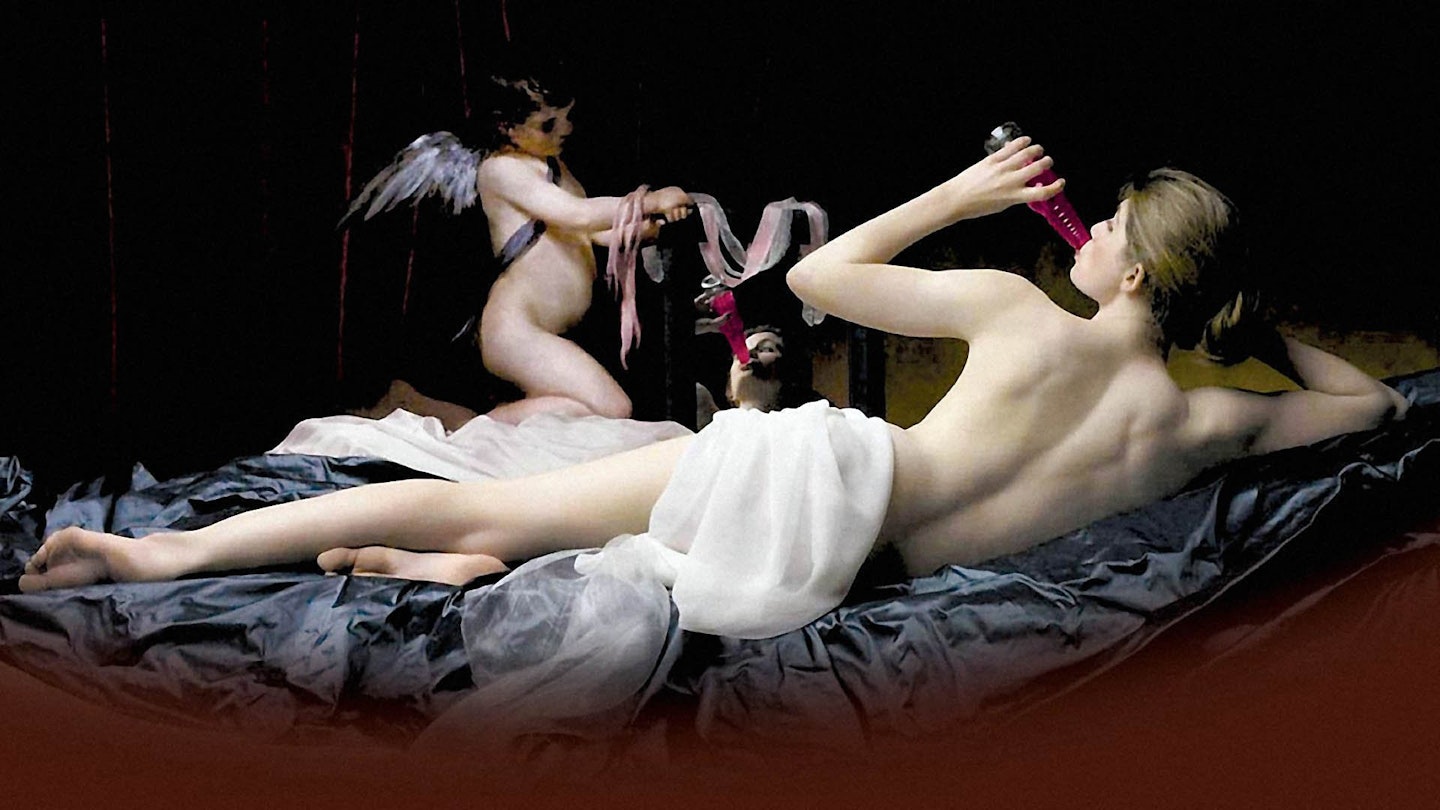Peter O’Toole’s piercing blue eyes have lost none of their spark, but the whites around the iris are looking a little rheumy these days. The actor’s frail frame is a shadow of the dashing figure who rode across the desert in Lawrence Of Arabia. O’Toole is 74, and a bout of cancer plus years of heavy drinking have taken their toll. But unlike his hell-raising buddies Richard Burton and Richard Harris, O’Toole is still with us. Venus is certainly proof of that.
Whether or not this was the original intention, the entire film provides a platform for O’Toole to strut his stuff. In the early scenes, he and old-boy Leslie Phillips have a devilish time of it, swapping camp, barbed lines of dialogue and prescription pills with the same level of gusto. It’s a delight to watch them perform, but this is more than a luvvie-fest: both characters are defiantly holding off mortality with an arsenal of wit, bad behaviour and pissed-off bravado.
Such insubordination in the face of the Grim Reaper continues in hilarious scenes with Richard Griffiths, as this dying breed gather in a café to scan the newspaper obituaries and bitch about their departed colleagues. A more melancholy tone is introduced when the selfish side of Maurice’s charm reveals itself in conversations with his estranged wife, played sympathetically by Vanessa Redgrave. It’s only in later scenes with chav princess Jessie (Jodie Whittaker) that the film slips off track, particularly when her boyfriend (Bronson Webb) comes into the story as a disruptive plot device.
Director Roger Michell is adept at pulling great performances from his cast even when the surrounding film doesn’t quite match the actors’ input. He and writer Hanif Kureishi first collaborated on TV series The Buddha Of Suburbia, but Venus is more of a companion piece to The Mother. This time, however, the sexual relationship that spans the generation gap is less physical, more lustful — in thought, not deed. O’Toole captures the duality of Maurice’s rapport with Jessie: part Professor Higgins in Pygmalion, part Humbert Humbert in Lolita. In return for sharing the artistic joys that have enriched his life, he wants to experience a final erotic frisson. There’s a beautiful, sad, elegiac note to O’Toole’s performance, as a cultured man enjoys earthly pleasures for the last time in his life.


